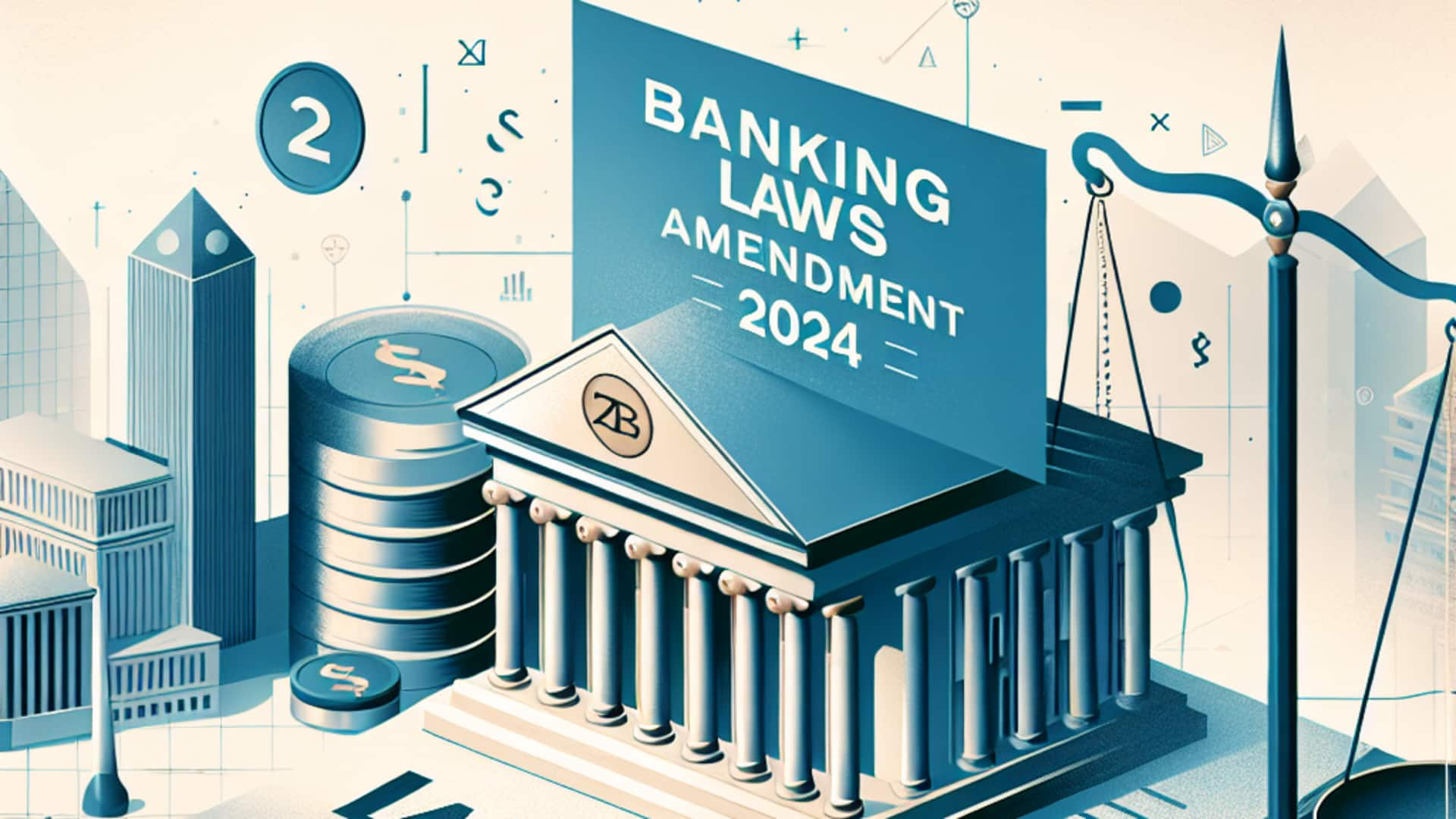
How Banking Laws (Amendment) Bill impacts consumers and finance sector
What's the story
The Lok Sabha has passed the Banking Laws (Amendment) Bill, 2024.
The legislation, introduced by Finance Minister Nirmala Sitharaman on December 3, permits up to four nominees for bank accounts and amends the definition of 'substantial interest' for directorships.
Despite criticism from opposition members who see it as a step toward privatization, Sitharaman has defended the bill's intentions.
Bill defense
Intention is to keep our banks safe, stable, healthy: Sitharaman
Defending the bill, Sitharaman said that since 2014, both the government and the Reserve Bank of India (RBI) have exercised extreme caution to ensure banking stability.
She said that "the intention is to keep our banks safe, stable, and healthy," and that this bill is a reflection of those efforts over the past decade.
However, opposition members remain skeptical about its potential implications for privatization.
Proposed amendments
Key changes proposed in the Banking Laws (Amendment) Bill, 2024
Among other key changes, the bill allows bank account holders to nominate up to four people for their accounts, and increases the 'substantial interest' threshold for directorships from ₹5 lakh to ₹2 crore.
This amendment allows depositors to choose between successive or simultaneous nomination options, whereas locker holders are limited to successive nominations only.
Further, the amendment extends the tenure of directors in cooperative banks from eight years to 10 years, in line with the Constitution (Ninety-Seventh Amendment) Act, 2011.
Bill provisions
Additional provisions and opposition's concerns
The bill also proposes allowing a director of a Central Cooperative Bank to sit on the board of a State Cooperative Bank.
It seeks to give banks more autonomy in deciding statutory auditors' remuneration and amends reporting dates for regulatory compliance.
TMC MP Kalyan Banerjee slammed the amendment as a "donkey passage toward privatization."
He argued that the bill's true objective is to lower the government's minimum stake in public sector banks from 51% to 26%.
Concerns voiced
Opposition raises issues of cybersecurity and KYC
Banerjee also raised issues of cybersecurity and data privacy regulations in the banking sector.
Congress MP Karti Chidambaram demanded the government clarify what measures are being taken to combat rising cyber frauds.
He also raised the issue of frequent KYC updates, saying if there are no changes in a customer's details, there shouldn't be a need for multiple KYC updates annually.
These issues add to the opposition's apprehensions over the bill.